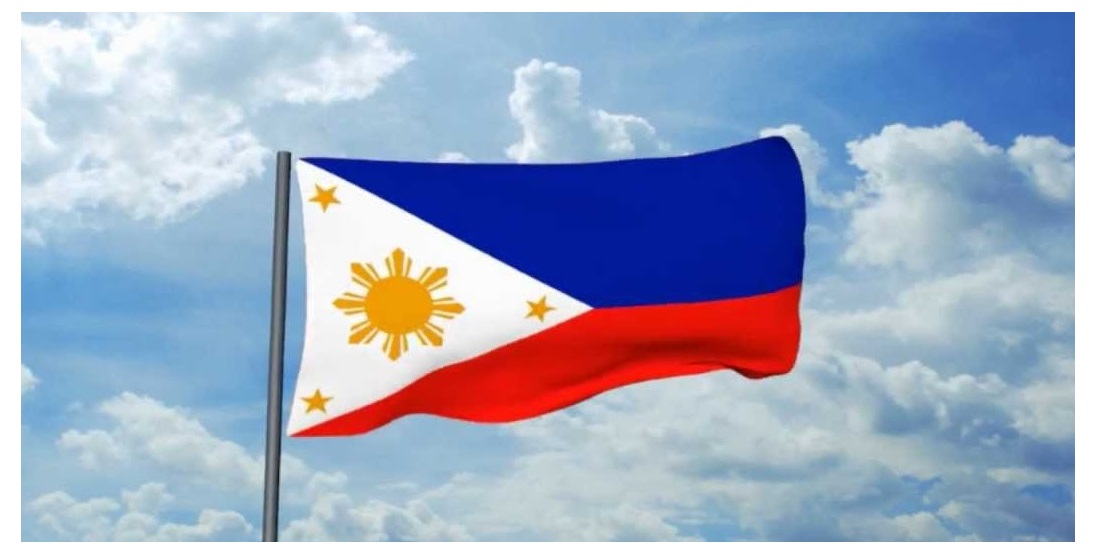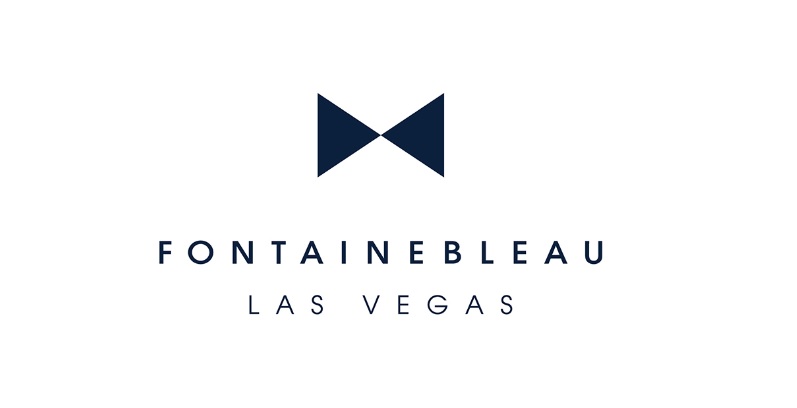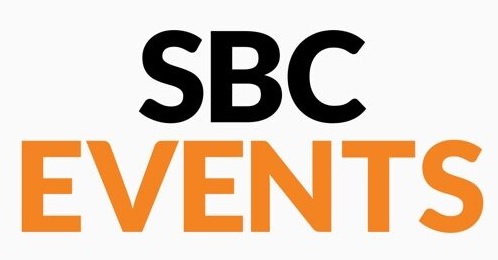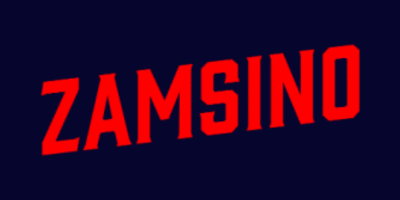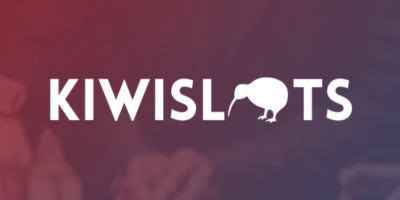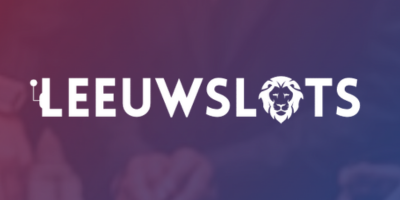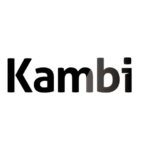The government has taken an initiative to enact a new gambling Act with the view to introduce open licensing for operating gambling system in Finland.
The Ministry of the Interior has prepared a government proposal for the new gambling act. and requesting comments on the draft, said the ministry in a press release on Wednesday.
Under the proposal, Veikkaus Oy would no longer hold the monopoly to arrange betting and online slot machine games and casino games.

Image: Credit Shutterstock
These games would be opened up to competition by means of licensing.
The proposal was prepared under the leadership of the Ministry of the Interior by a working group under the direction of a political steering group consisting of state secretaries.
The consultation period will be ended on 18 August 2024.
At present, Veikkaus Oy has the monopoly on the provision of gambling games in Finland.
A significant portion of online gambling nonetheless takes place outside the monopoly system. Enterprises outside the system offer online gambling games that are not covered by national regulation or supervision by the authorities.
The proposed act would lay down provisions on licensed gambling and its supervision in Finland. The licensing system refers to a model where gambling enterprises could apply to the Finnish Supervisory Agency for a licence to run gambling games in Finland. The aim here is to prevent and reduce gambling-related harm and to increase the channelling of demand to a regulated gambling system.
Gambling games could be run with an exclusive licence or a gambling game licence.
The supply of the game software used in gambling games would moreover be subject to a game software licence. Licence holders would be required to pay an annual supervision fee to the supervisory authority.
Lotteries, pools, totalisator betting and physical slot machines as well as casino games would remain subject to an exclusive licence. In practice, this would give Veikkaus a monopoly in games such as lottery games and scratch cards.
The monopoly activities remaining with Veikkaus and those in the competitive market would be separated into different companies within the same group. The Government would decide on the compensation payable by Veikkaus each year to the State for its exclusive licence.
The proposed legislation would give the State-owner greater latitude in respect of eventual future decisions concerning the ownership of Veikkaus Oy.
It would be possible for the State to relinquish part of its holding in Veikkaus Oy if, going forward, this was deemed justified in terms of the development of the State’s shareholder value. The proposed legislation would not automatically result in a reduction in State ownership.
The gambling act would include provisions on the registration of gamblers and verification of their identity and place of residence.
Provisions would also be laid down on the age limit for gambling, the playing of games via a gambling account and other gambling after identification. The draft proposal proposes the introduction of a centralised register of gambling bans that would allow people to self-impose bans on gambling games offered by any licence holder.
The act would also govern the marketing and sponsorship of gambling games as well as prohibited marketing tools. Licensed gambling enterprises would be allowed to advertise their business and games in various channels subject to certain restrictions. Commercial collaboration with social media influencers on the influencers’ own accounts would not be permitted, for example.
The marketing should be moderate in terms of volume, scope, visibility and repetitiveness and also necessary to steer gambling game demand towards licensed gambling.
The outdoor marketing of gambling games involving a high risk of harm would be prohibited. The physical slot machines and casino games remaining a monopoly of Veikkaus Oy could not be marketed by any means.
Marketing could not be targeted to minors or otherwise vulnerable persons.
Gambling games are currently supervised by the National Police Board. Going forward, the supervisory authority would be the proposed Finnish Supervisory Agency operating in the administrative branch of the Ministry of Finance. A broad set of powers is proposed for the Agency.
The Agency could address unlawful activities by imposing administrative sanctions. It would be empowered to prohibit the running and marketing of gambling games, to rescind licences and to reinforce certain official decisions with a penalty payment. In the performance of its supervisory duties, the Agency would be entitled to make test purchases.
The Agency could also impose administrative fines and financial penalties for unlawful activities. In addition, the Agency would supervise operators to ensure their compliance with the legislation on the prevention of money laundering and terrorist financing.
The act would include provisions on the use of network barring and payment blocking to restrict any gambling game offering and marketing outside of the licensing system. This would allow demand to be steered towards licensed gambling and thus enable better prevention of gambling-related harm.
The gambling act would continue to provide for the task of the Ministry of Social Affairs and Health to monitor, study and assess gambling games and the associated harms.
These tasks would be carried out by the Finnish Institute for Health and Welfare as commissioned by the Ministry of Social Affairs and Health. Discretionary government grants could be made available for the prevention and reduction of gambling-related harm.
The aim is to submit the government proposal to Parliament in the spring session of 2025.
The new gambling system would be introduced stepwise. Applications for licences to run gambling games could be submitted as from the beginning of 2026.
Licensed gambling game operations could be launched as from the beginning of 2027. The current Veikkaus Oy would maintain its monopoly until the end of 2026.
Game software licence applications could be submitted as from the beginning of 2027.
The obligation to offer game software of no one other than holders of the relevant licence would only apply as from the beginning of 2028.
Source: Daily Finland
Preview Image: Shutterstock







